Can I join two tables using custom condition rather than equal?
Eg, I have two tables in BigQuery. Table A has 3 columns start_range, end_range and grade. Table B has data coming from Storage using cloud functions and has a particular column "marks". I am creating a flow in DataPrep such that join these tables which should satisfy the condition:
SELECT data.grade FROM data INNER JOIN student_data ON student_data.marks BETWEEN data.start_range AND data.end_range
and then paste the data to a new table. But I could not find any provision for custom condition. Only two columns can be matched for join. Any idea?


